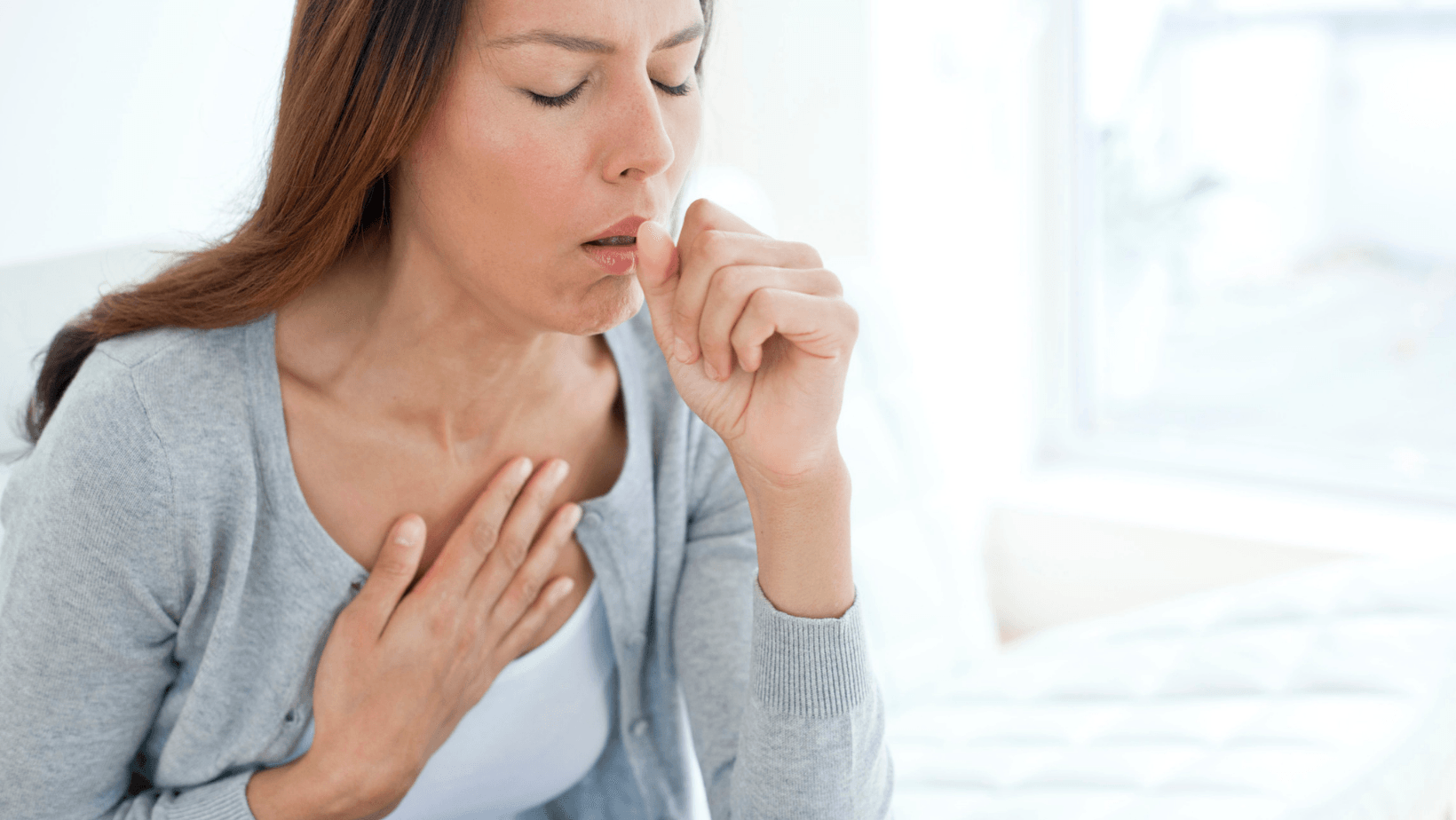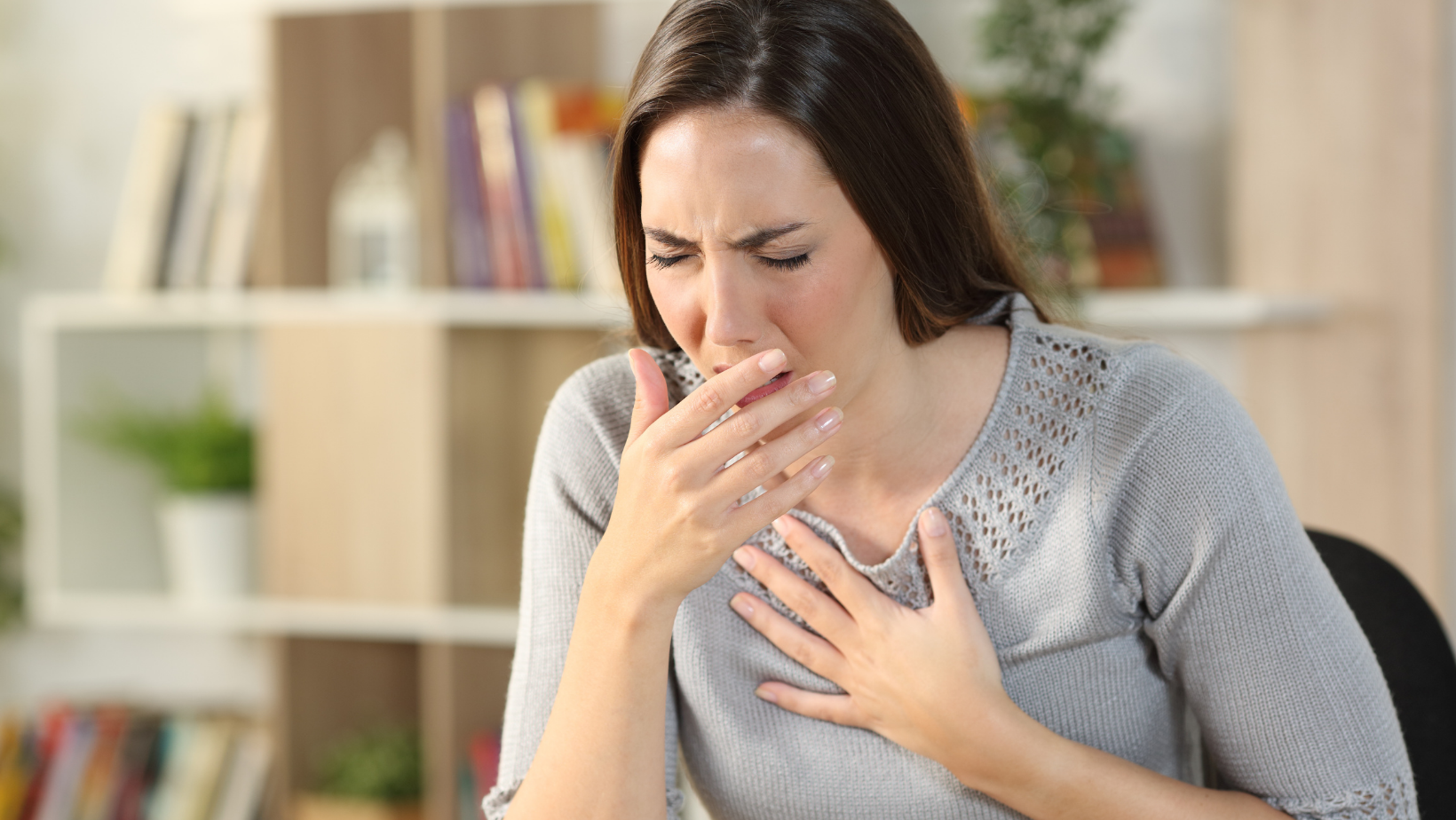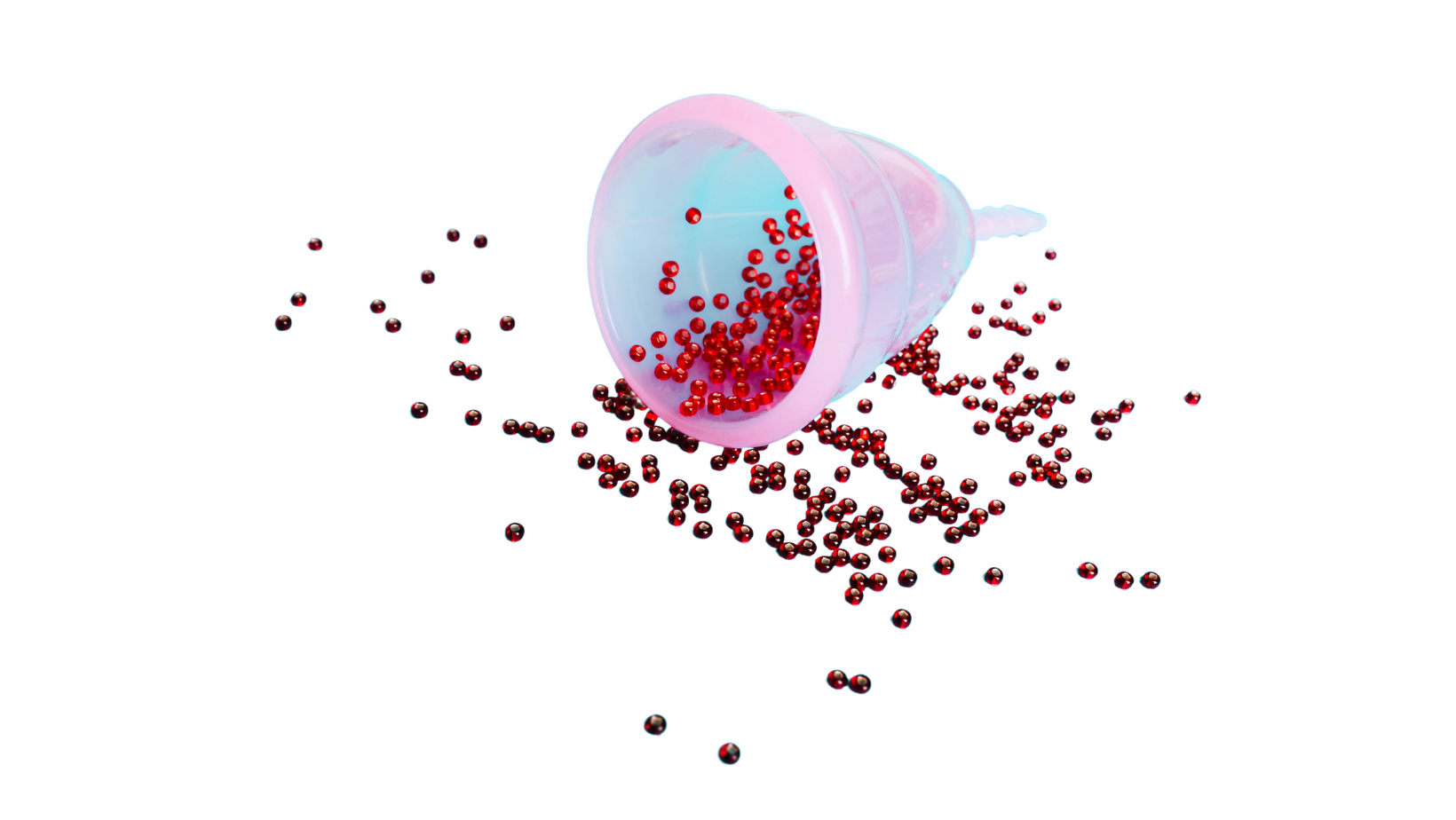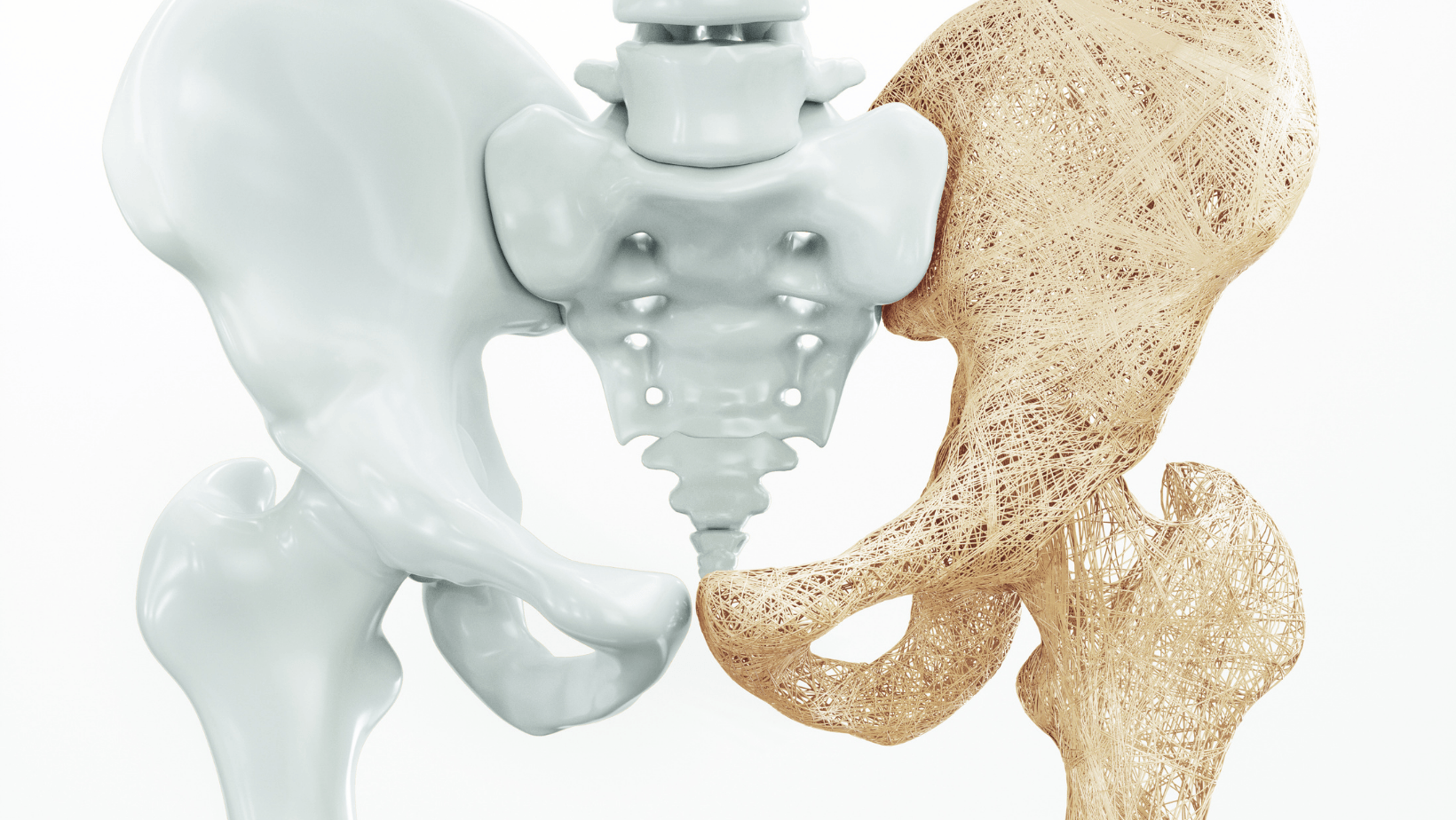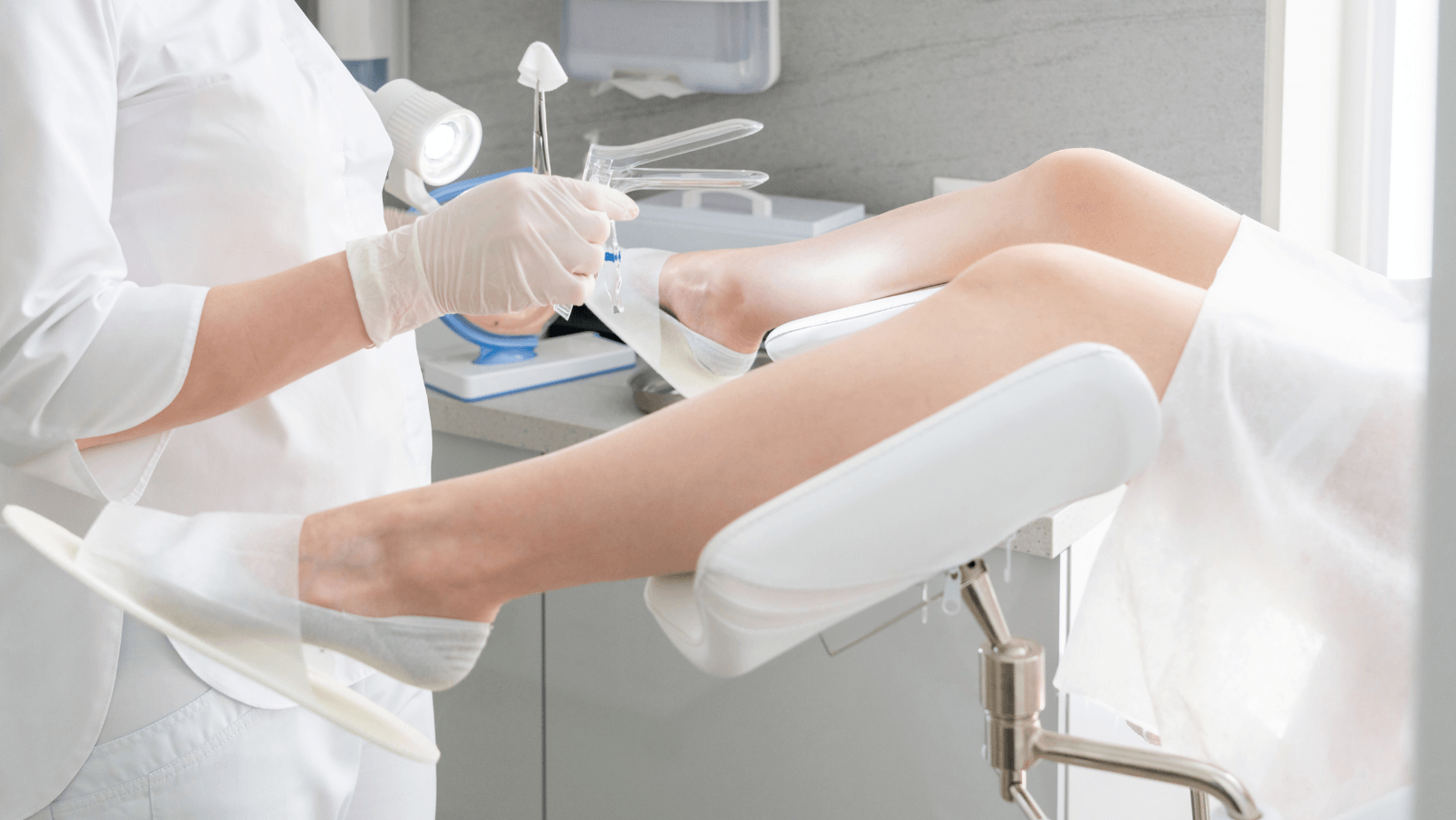Allergic Rhinitis - Causes and Treatment - Avicenna Health
Allergic Rhinitis
Patient History:
A patient with allergic rhinitis said: “I've been experiencing these symptoms for almost five years already, and it's not just seasonal but every day! I really don't know what to do, and I'm losing hope. I am breastfeeding now with my two-month-old boy, so I’m worried about taking medicine.”
Another said: “I had a runny nose, constant sneezing and wheezing at night. The inside of my ears itch, and I have a sluggish feeling.”
Definition of Allergic Rhinitis:
Allergic rhinitis: An inflammation that affects the nasal membrane. It is characterized by sneezing, redness in the eyes and itching.
Generally, it is caused by an allergic response to specific triggers, including pollen, dust, fur, and many others.
It is also known as hay fever, mainly When this response is caused by seasonal allergens such as pollens.
What are the main types of allergic rhinitis?
- A seasonal type, which happens during certain times of the year. For example, it might be spring allergy if you are allergic, for example, to tree pollens, or autumn allergy if you are allergic, for example, to fungus spores.
- A year-round or perennial type if you are allergic to feathers, pet dander, or dust mites.
How much time does it last?
There is no specific time, but generally, the more you are exposed to allergens, the more it lasts.
Symptoms:
Fortunately, allergic rhinitis is not a life-threatening condition, even though it can impact your performance during the day with annoying symptoms include:
- Redness in the eyes – the surface of the eye looks red due to the tiny vessels expand.
- Swollen eyes – abnormal enlargement around the eyes.
- Watery eyes – medically known as Epiphora, which is an overflow of tears.
- Itching, especially in the nose, eyes, palate, or throat.
- Postnasal drip - the feeling of mucus secretions moving down the back of the throat.
- Sore throat - a scratchy feeling in the throat, often worsens when you swallow.
In addition to:
- Blocked or runny nose
- Headache
- Earache
- Sneezing
- Cough
- Fatigue
- An altered sense of smell
- Feeling drowsy
Causes:
Many types of triggers can cause allergic rhinitis; it varies from one person to another.
The most common triggers include:
- House dust mites, which are microscopic insect-like creatures.
- Pollens, which are tiny grains produced by flowers to fertilize other ones.
- Mold or fungal spores
- Animal’s tiny flecks of skin
- Animal’s saliva and urine
- Fur and feathers
- Work-related triggers, such as wood or flour dust
Risk Factors:
- Patients with allergic diseases, such as allergic asthma or atopic dermatitis.
- A patient who has relatives with allergies
- Working in an environment full of allergens
- Cigarette smoke exposure, at a young age, especially during the first year of life.
When to see a doctor?
As we already mentioned, allergic rhinitis is not a life-threatening disease, but there are some cases where you might need to get a medical consultation.
- If your symptoms are getting worse and affecting your daily life.
- Home remedies cannot relieve your symptoms or cause side effects.
- When you already have another related problem such as sinusitis, asthma, or allergic disease.
Other signs and symptoms that indicate a severe condition include:
- Worsening asthma
- Anaphylaxis symptoms, such as difficulty breathing or wheezing, rapid pulse, confusion, and faintness.
Diagnosis:
Clinical history and physical exams are the most important to diagnose allergic rhinitis. And like many other diseases, allergic rhinitis has no critical test. Anyway, your doctor may request some helpful tests, include:
Lab tests involving blood tests: especially total serum IgE, an antibody produced by the immune system in response to a suspected allergen.
Diagnostic procedures, such as CT scan, X-ray, and nasal endoscopy, are rarely used. But it can be significant to check for complications—for example, nasal polyps.
Allergy tests are like skin prick tests. By exposing the skin to an allergen, then pricked the spot with needles. They are causing an itchy welt if you are allergic to this particular allergen.
Differential Diagnoses:
- Common cold
- Non-allergic rhinitis, Like anatomic rhinitis, vasomotor rhinitis, hormonal rhinitis, and many others.
- Csf leak, which is a fluid surrounding the brain and spinal cord.
- Nasal polyps.
- Chronic or acute sinusitis.
Management:
The most essential and significant management is to avoid the triggers. You can use masks and sunglasses to prevent the pollens from getting inside your nose or mouth. Keep windows closed. Avoid gardens and pets as much as possible.
Mild symptoms can be treated by the one itself using antihistamines and other home remedies. However, your doctor may suggest different kinds of medications, such as Decongestants and corticosteroids.
Immunotherapy also can be used if the symptoms are severe.
If you have any concerns about non-emergent health conditions, you may schedule a telemedicine consult with the Avicenna Health provider for an individualized consultation.
References:
- Mayoclinic.org
- WebMd.com
- Drugs.com
- Medscape.com
- NHS.uk
- Emediciehealth.com



